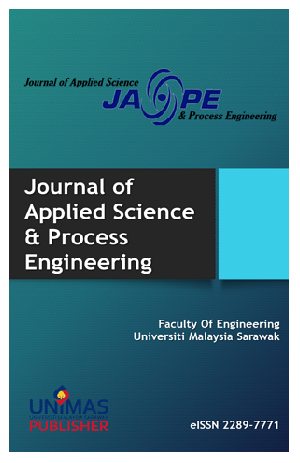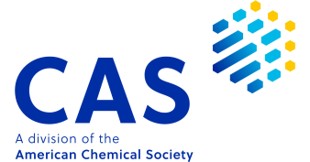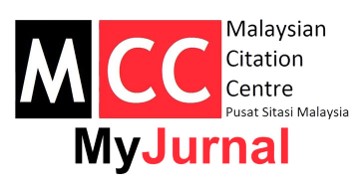Duties of Publisher
Duties and Responsibilities of Publisher
UNIMAS Publisher aims to oversee and promote the sustainability of all journals under UNIMAS. It works with Journal Editor Committee to create relevant journal policy and guidelines. It also promotes a better scholarly communication system for journal management of UNIMAS journals. It assists the publication and indexing of all journal articles.
UNIMAS Publisher ensures that journal editors, authors, reviewers, and other stakeholders adopt best publishing policies and practices.
UNIMAS Publisher will review these journal policies regularly and update the policies when necessary. UNIMAS Publisher appoints Senior Ethics Advisor and panels to advise on publication misconducts, issues related with animal and human ethics, journal policy and guidelines, etc. periodically. If allegations of misconducts are brought to the attentions by journal editors, authors, reviewers, sponsors, or users, UNIMAS Publisher is also responsible for the investigation of any suspected publication misconducts and provides solution of these cases (refer to Section 4.0).
UNIMAS Publisher will also work and collaborate with Senior Ethics Advisor and panels to handle any potential breaches cases of intellectual property, laws and issues related to these.
References:
- Committee on Publication Ethics (COPE) (2016). Code of Conduct. Available at: https://publicationethics.org/resources/code-conduct
- Council of Science Editors (2018). White Paper on Publication Ethics. Available at: https://www.councilscienceeditors.org/resource-library/editorial-policies/white-paper-on-publication-ethics/
- European Science Foundation (2011). The European Code of Conduct for Research Integrity. Available at: https://www.nsf.gov/od/oise/Code_Conduct_ResearchIntegrity.pdf
- Kassirer, JP (1995). Authorship criteria. Science, 268: 785-786.
- Mandal, J, Ponnambath, DK, & Parija, SC. (2016). Ethics of scientific publication. Tropical Parasitology, 6(2): 100-102.
- Nature Cell Biology. (2014). Improving author experience. Exploring avenues to optimize the peer-reivew process and improve author experience. Available at: https://www.nature.com/articles/ncb3081
- Natural Research Journals’ Policies on publishing ethics. Available at: https://www.nature.com/authors/policies/publication.html
- Nature Nanotechnology (2012). A matter of duty. Corresponding authors should not neglect their responsibility to a journal or their co-authors. Available at: https://www.nature.com/articles/nnano.2012.234
- PLoS Medicine. Ethical Publishing Practice. Available at: http://journals.plos.org/plosmedicine/s/ethical-publishing-practice
- Science Journals: editorial policies. Available at: http://www.sciencemag.org/authors/science-journals-editorial-policies








